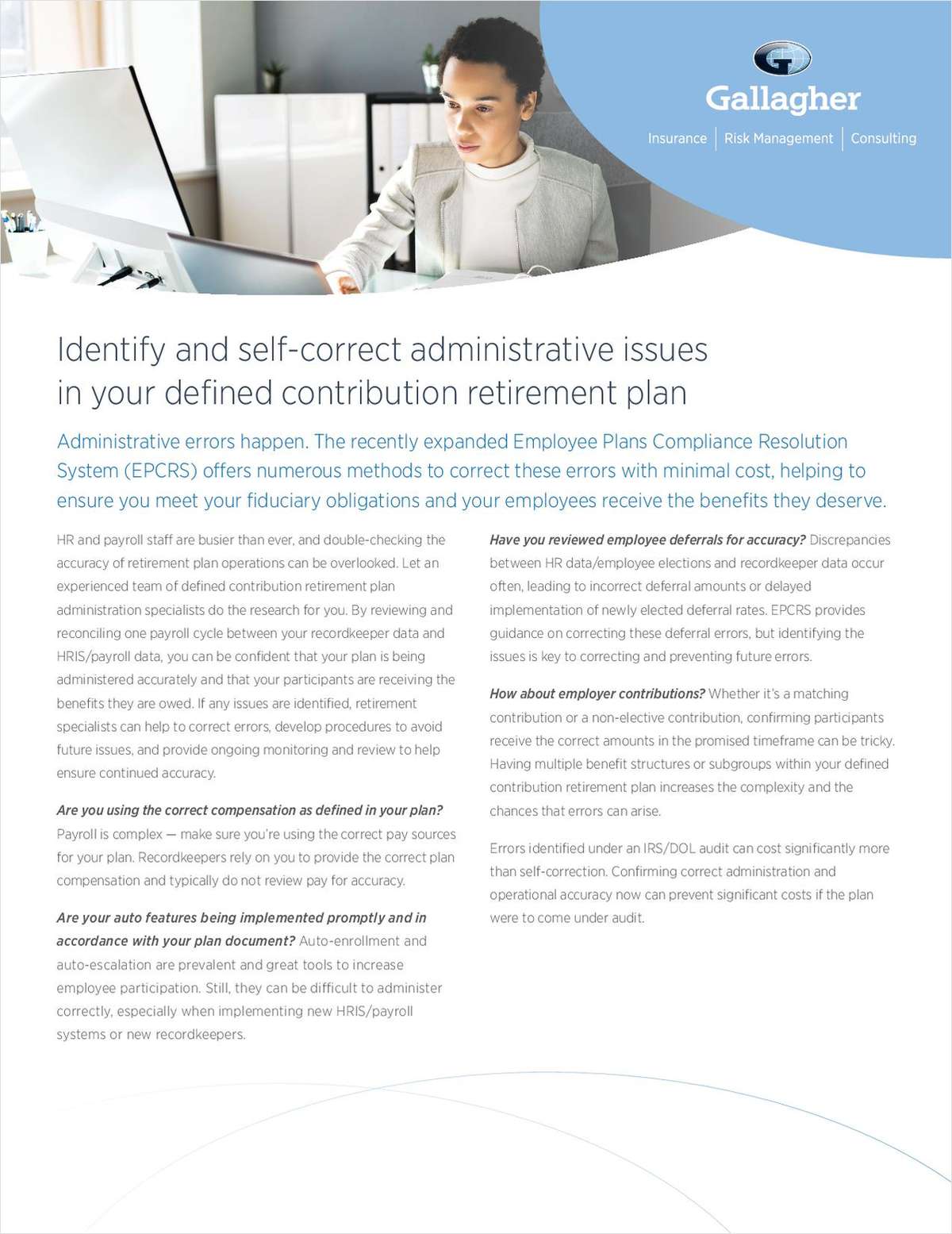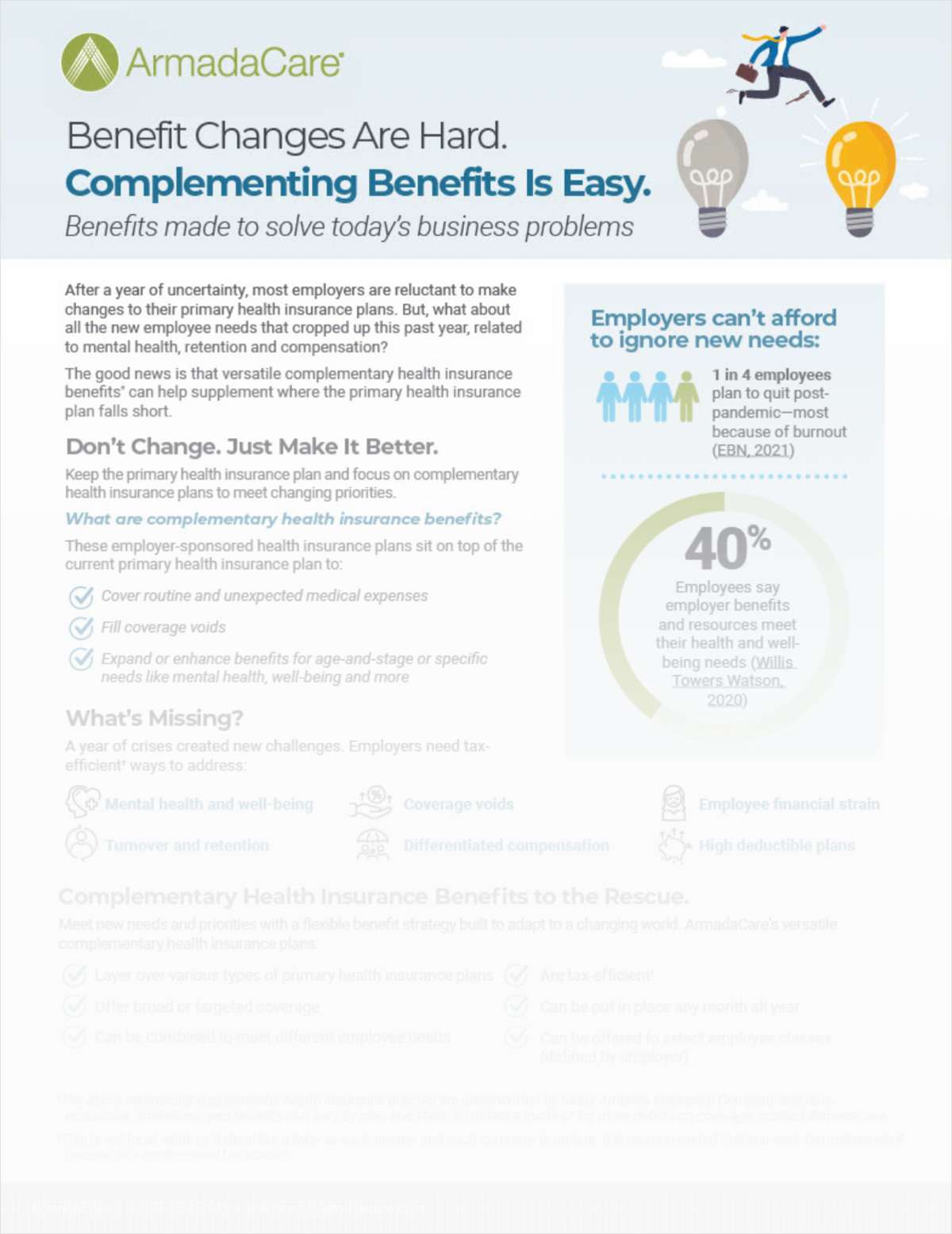Kathleen Sebelius made a career out of praising, touting and defending the Patient Protection and Affordable Care Act.
The outgoing Health and Human Services secretary was the one who touted enrollment numbers in the law. She endured backlash over the administration’s PPACA delays, answered questions about concerns over it and even testified about it. And when HealthCare.gov suffered a disastrous rollout, she took the blame.
On April 10, Sebelius made her last official praise of the oft-controversial law: She announced 7.5 million people had signed up for Obamacare through the exchanges, a number that exceeded even the most optimistic enrollment predictions.
Hours later, Sebelius announced her resignation.
Officials said she made the decision herself and was not forced out, but there’ve been rumors the rocky rollout of the law tarnished her relationship with the White House. Sources say Sebelius approached President Obama in March about her future, telling him the March 31 enrollment deadline — and rising enrollment numbers — provided a transitional opportunity.
On April 11, the president praised her leadership, thanking her for her dedication to his signature health care overhaul.
“Under Kathleen’s leadership, her team at HHS turned the corner, got it fixed, got the job done,” Obama said in a Rose Garden ceremony. “And the final score speaks for itself.”
Obama immediately nominated Sylvia Mathews Burwell, the director of the Office of Management and Budget, to replace Sebelius.
Other PPACA supporters emerged quickly to praise Sebelius’s achievements. Enroll America President Anne Filipic, featured in the July 2013 issue of Benefits Selling, praised Sebelius for PPACA achievements during her tenure: expanded health care coverage, the elimination of pre-existing condition denial by carriers, and “peace of mind that comes with affordable, quality health insurance coverage — through Medicaid, through CHIP and through the health insurance marketplace.”
“Every day, our hundreds of staffers and tens of thousands of volunteers hear moving stories from Americans across the country who are finally able to access the medical care they and their families need, many for the first time ever,” Filipic said. “Those families — and the millions of families who will benefit in the years to come — represent Secretary Sebelius’s true and lasting legacy.”
Tumultuous chapter
Sebelius’s departure comes after a rocky road for the Patient Protection and Affordable Care Act, including the tumultuous launch of PPACA’s exchanges last fall. Despite calls for her ouster from Republicans at the time, she stayed on until after the enrollment period ended March 31.
HealthCare.gov was plagued with so many technical problems — first and foremost, the website’s inability to manage a heavy use load — that it prompted Congress to hold hearings about it in late October. Early enrollment numbers were far fewer than hoped or anticipated, partly because enrollees were unable to stay on the site long enough to sign up.
Sebelius, at times, failed to properly defend PPACA, leaving critics questioning her leadership and faith in the law. She often appeared flustered by questioning and criticism.
During testimony last October, for example, Sebelius said the site “never crashed,” despite the fact that screenshots of the site behind her read: “The system is down at the moment. We are experiencing technical difficulties and hope to have them resolved soon.”
She drew ire from Republicans and other critics. After all, she was the face of a law that continued to confuse, and upset, the public: Poll after poll found that despite all the attention the law received, most consumers had no idea how PPACA really worked or what kind of deadlines it required them to meet. The press the law did get was mostly negative. The latest polls show opposition to the law continues to hover near an all-time high.
Sebelius’s departure, too, adds to the ongoing skepticism about the law and how well it’s working. Though enrollment numbers in Obamacare had a strong late surge, information on enrollees remains elusive. The administration hasn’t yet released details on enrollees’ age, demographics or health status.
Initial data from pharmacy benefits manager Express Scripts shows that, based on their medication usage, enrollees in Obamacare are sicker than patients off the exchanges, often requiring specialty drug prescriptions. Skewed health status in enrollment, industry insiders say, could drive premiums up for all patients in the coming years.
Kevin Davis, a benefits advisor at Lacher & Associates in Philadelphia, said Sebelius’s resignation “seems like a political move to have a scapegoat, should the insurance carriers continue to announce double-digit individual and small-business insurance rate increases due to PPACA, which will naturally be political fodder for the midterm elections.”
“Since she said, ‘Hold me accountable’ at Congressional hearings, now we see the accountability of falling on the sword for the party that she foreshadowed with that comment,” Davis adds, noting he’s not sure the move helps anyone.
Some benefits insiders said Sebelius’s resignation is “long overdue,” though others expressed little hope that anything more productive regarding the law would get done with her gone.
The first question, wondered Reid Rasmussen, owner of freshbennies in Dallas, is, “Who would take that job? They will have their work cut out for them.”
David Smith, vice president of health and welfare benefits at North Carolina-based Ebenconcepts, is cautiously more optimistic about Burwell taking over the HHS post. He says it’s a chance to “start fresh,” though he worries that Sebelius’s experience might have made softened some of PPACA’s woes.
“I actually worry a bit because her experience as an insurance commissioner helped — hence the refusal to give an extension for open enrollment this year,” Smith says. “I think we need to focus on making it work. But this will open the floodgates for new ideas and ideally a willingness to try something different.”
Promoting PPACA
Despite coming under fire for the law, Sebelius always insisted PPACA was the right thing to do—and that it would work.
Calls for her resignation died down when the website woes improved and signups began to roll in.
“I know that this law has been at the center of much debate and discourse in Washington, but what this enrollment demonstrates is that the Affordable Care Act is working and much needed,” she wrote in a note to staffers just last month.
In a statement, Finance Committee Ranking Member Orrin Hatch, R-Utah, said Sebelius “had one of the toughest jobs in Washington” due to having to help implement and manage the “flawed” law.
Still, Hatch said in a statement, “While we haven’t always agreed, Secretary Sebelius did the best she could during the tumultuous and volatile rollout of the law.”
Sebelius, 65, is among the longest-serving cabinet members in Obama’s administration. She was formerly a popular governor of Kansas for six years, praised for eliminating a billion-dollar debt she inherited and having a bipartisan approach to governing. Her name has cropped up as a potential vice presidential — and even presidential — candidate.
Before that, she was the state’s insurance commissioner.
Also read: Burwell has insurance ties
Complete your profile to continue reading and get FREE access to BenefitsPRO, part of your ALM digital membership.
Your access to unlimited BenefitsPRO content isn’t changing.
Once you are an ALM digital member, you’ll receive:
- Breaking benefits news and analysis, on-site and via our newsletters and custom alerts
- Educational webcasts, white papers, and ebooks from industry thought leaders
- Critical converage of the property casualty insurance and financial advisory markets on our other ALM sites, PropertyCasualty360 and ThinkAdvisor
Already have an account? Sign In Now
© 2024 ALM Global, LLC, All Rights Reserved. Request academic re-use from www.copyright.com. All other uses, submit a request to [email protected]. For more information visit Asset & Logo Licensing.








